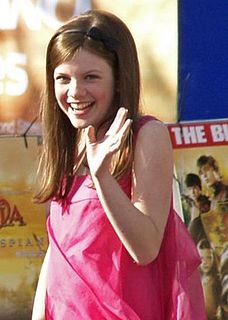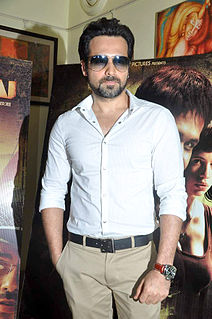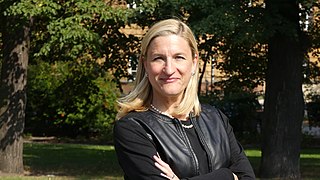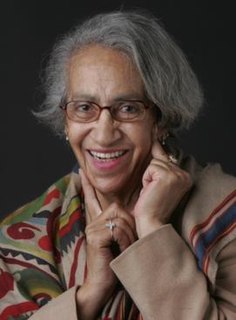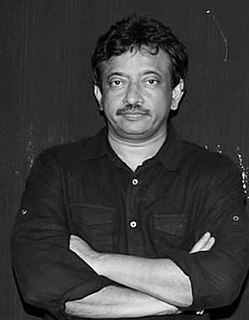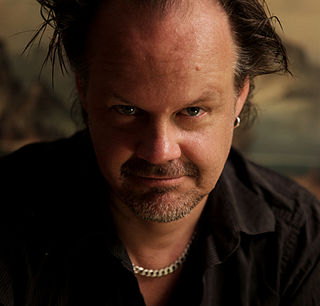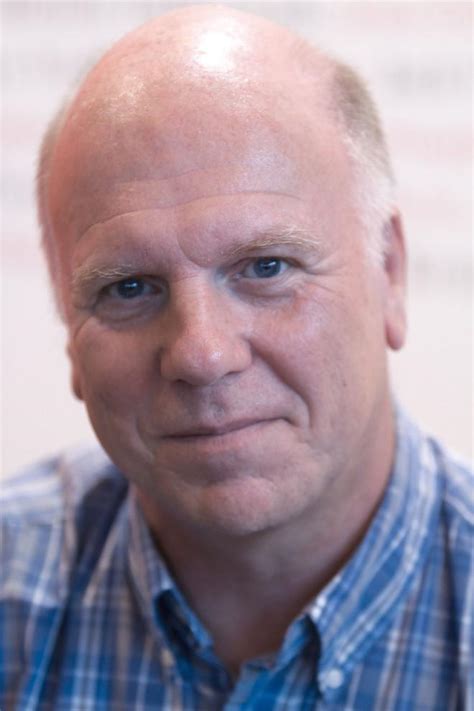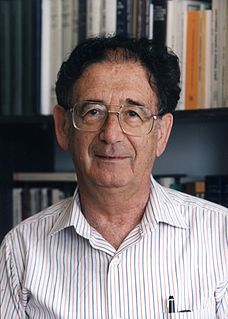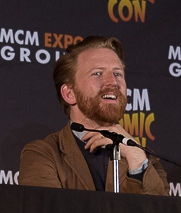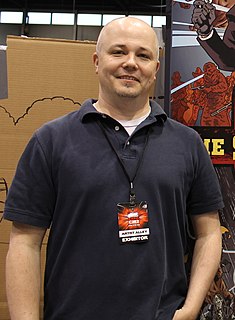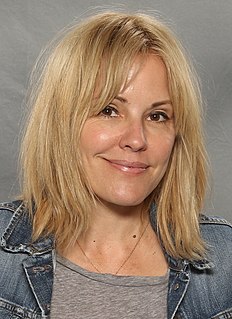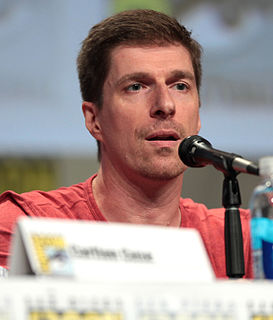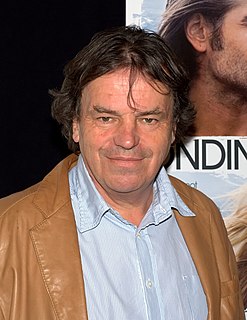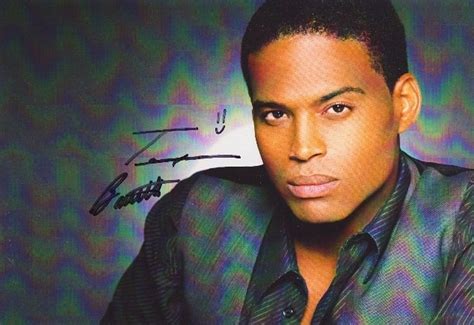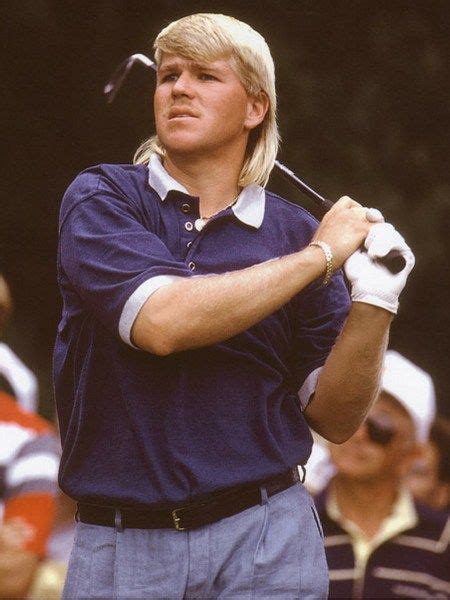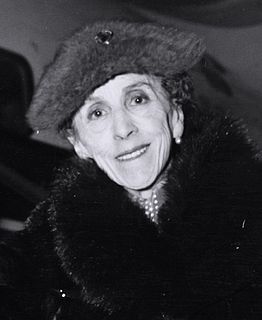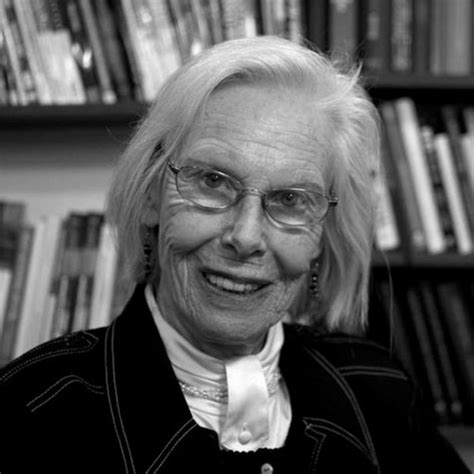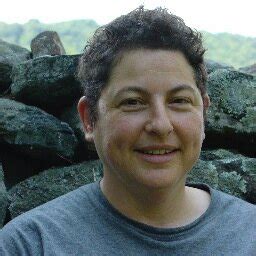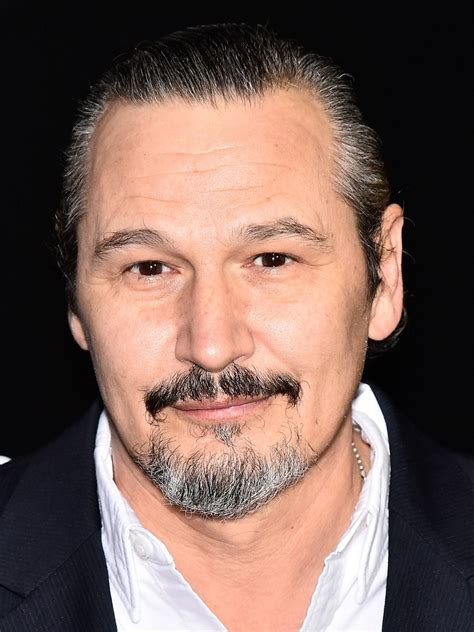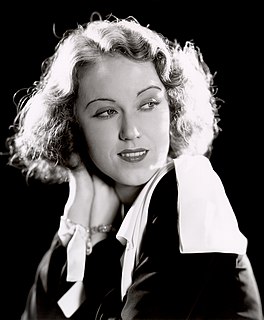Top 1200 Horror Stories Quotes & Sayings - Page 7
Explore popular Horror Stories quotes.
Last updated on December 19, 2024.
In horror stories or in fairy tales, the fascination with the morbid is also, at least for me, a way to prepare for the unthinkable… That’s why it’s very important for me to show the artificiality of it all, because the real horrors of the world are unmatchable, and they’re too profound. It’s much easier to absorb – to be entertained by it, but also to let it affect you psychologically – if it’s done in a fake, humorous, artificial way.
When you talk about the mental health problems, when people come back from war and combat and they see things that maybe a lot of the folks in this room have seen many times over and you're strong and you can handle it. But a lot of people can't handle it. And they see horror stories. They see events that you couldn't see in a movie, nobody would believe it.
The Nigerian storyteller Ben Okri says that ‘In a fractured age, when cynicism is god, here is a possible heresy: we live by stories, we also live in them. One way or another we are living the stories planted in us early or along the way, or we are also living the stories we planted — knowingly or unknowingly — in ourselves. We live stories that either give our lives meaning or negate it with meaninglessness. If we change the stories we live by, quite possibly we change our lives.’
AS SOMBRAS DA ALMA. THE SHADOWS OF THE SOUL. The stories others tell about you and the stories you tell about yourself: which come closer to the truth? Is it so clear that they are your own? Is one an authority on oneself? But that isn't the question that concerns me. The real question is: In such stories, is there really a difference between true and false? In stories about the outside, surely. But when we set out to understand someone on the inside? Is that a trip that ever comes to an end? Is the soul a place of facts? Or are the alleged facts only the deceptive shadows of our stories?
I used to write my own versions of famous tales, such as William Tell or Robin Hood, and illustrate them myself, too. When I entered my teens, I got more into horror and science fiction and wrote a lot of short stories. A literary education complicated things and for many years I wrote nothing but poetry. Then I got back to story-telling.
My god, people are selling their work and people are reading it! The horror! That MFA programs have to advertise that they'll let you write YA or fantasy or what-have-you is just absurd, but we do, because the presumption is that they're closed to that sort of thing. You're offering an MFA in creative writing? Teach people how to write well, worry about that part, let the writers come up with the stories.
I suppose the other thing too many forget is that we were all stories once, each and every one of us. And we remain stories. But too often we allow those stories to grow banal, or cruel or unconnected to each other.We allow the stories to continue, but they no longer have a heart. They no longer sustain us.
It [horror genre] never dies. It just keeps getting reinvented and it always will. Horror is a universal language; we're all afraid. We're born afraid, we're all afraid of things: death, disfigurement, loss of a loved one. Everything that I'm afraid of, you're afraid of and vice versa. So everybody feels fear and suspense.
The language of the culture also reflects the stories of the culture. One word or simple phrasal labels often describe the story adequately enough in what we have termed culturally common stories. To some extent, the stories of a culture are observable by inspecting the vocabulary of that culture. Often entire stories are embodied in one very culture-specific word. The story words unique to a culture reveal cultural differences.
My stories are not Christianized at all. I don't even have any Christians in my stories. What they are, are stories about ordinary people going through extraordinary circumstances in which I'm exploring truth. How light overcomes darkness in a way that's unmistakable to anyone who has any kind of faith.
To all my soap fans out there, my horror fanatics, comedy lovers, I will tell you this: 'Death Valley' is an action-packed drama, comedic, horror TV series that has a non-stop adventure in each episode. It's like a huge pot of Texas gumbo. If you like all four of those genres, then you'll love this show.
When I write my novels, I'm not writing them to make political points. I'm writing them because I passionately love monsters and the weird and horror stories and strange situations and surrealism, and what I want to do is communicate that. But, because I come at this with a political perspective, the world that I'm creating is embedded with many of the concerns that I have. But I never let them get in the way of the monsters.
Somebody pointed out to me that there's no horror film on my resume, which is true, but I also don't really go see those movies. Although when I was thinking about it, I was thinking "I would probably have a really nice beach house if I made a horror movie." They seem to be very popular. I just don't think it's my thing.
My stories are of gas chambers, shootings, electrified fences, torture, scorching sun, mental abuse, and constant threat of death. But they are also stories of faith, hope, triumph, and love. They are stories of perseverance, loyalty, courage in the face of overwhelming odds, and of never giving up!
My real purpose in telling middle-school students stories was to practice telling stories. And I practiced on the greatest model of storytelling we've got, which is "The Iliad" and "The Odyssey." I told those stories many, many times. And the way I would justify it to the head teacher if he came in or to any parents who complained was, look, I'm telling these great stories because they're part of our cultural heritage. I did believe that.
People say 'Scott's [Derrickson] movies are kind of scary, is this a horror movie?' Of course, [Doctor Strange] it's not a horror movie. But what Scott has done so well in the best of his films is have one foot completely in the real world and one foot in this whatever supernatural sub-genre he was playing with.





